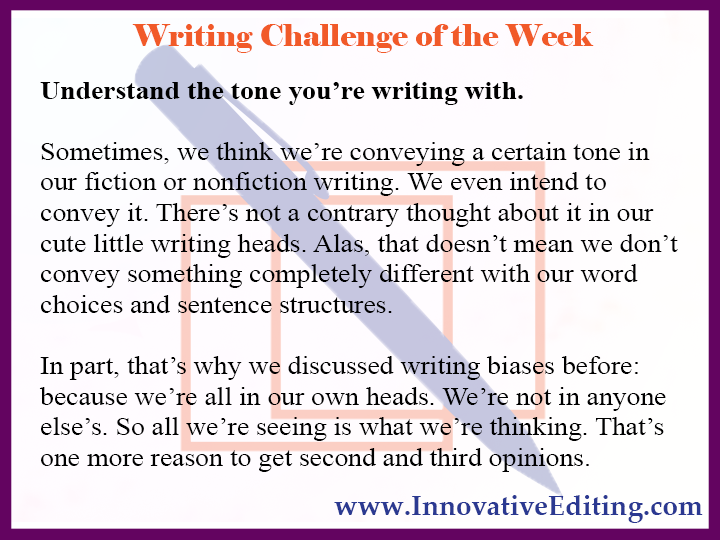Marketing Your Published Book? Then Do Try This at Home…
- Jeannette DiLouie
- Aug 31, 2017
- 3 min read

Marketing can be scary. We already faced that fact in Tuesday’s writing Definition of the Week, and we’re going to tackle it some more in today’s writing-related Challenge of the Week.
Because it’s important. And because authors need to be their own advocates, even if they have other professionals advocating alongside them.
I’m pretty sure I said this before, but just in case I didn’t, don’t think you can skate off easy in this department by placing magazine advertisements, radio advertisements or some other such introverted approach. At least in my experience, those tactics don’t work. Not unless you already have a well-established name or are willing to spend $5,000 to $10,000 per attempt.
And even then, you’re probably going to have to do some face-to-face interacting with your reader base. But before you panic, don’t worry: There are ways to feel more comfortable with this one-on-one marketing approach.
I learned this particular tactic from the brilliant business mentor I was assigned by SCORE, which is an entrepreneurial focused non-profit organization. He gave me a great set of advice that I’ve modified for you:
Practice talking about your book to the mirror.
I don’t know about you, but I feel like an absolute idiot talking about my books. Despite my really good vocabulary base and my decent grasp of social skills, I tend to lose at least 67.3% of my speaking abilities when the topic of my novels comes up. At least.
“My novels? What are they about? Uhhh...”
Hardly the most eloquent description, I know. So if you’re anything like me, you need to practice your marketing pitch until you can at least sound comfortable.
First, you probably want to write down your typical pitch. Write it down a few different ways, in fact. For example, if I was planning on marketing my Politician’s Pawn novel, I might put it like it this:
The Politician’s Pawn is about an innocent Baltimore-based citizen who gets swept up into a D.C. scheme. A group of U.S. Congress members are trying to swing a vote by illegally influencing a fellow politician – kidnapping his daughter, actually. But they mess up first. They get the wrong girl. And when things go from bad to worse, that wrong girl realizes she has no choice but to fight back.
There’s also this possibility, particularly if I’m talking to a politically conservative crowd or individual:
The Politician’s Pawn is the action-packed adventure of how a small band of citizens work together to take back their rights from a corrupt government. When Kayla Jeateski is kidnapped in a political job gone wrong, she finds herself having to choose between fighting back or biting a literal bullet. Considering how she really doesn’t want to die, Kayla puts the limited resources she has to work to evade the eventual fate every politician’s pawn has to suffer.
And if I’m speaking with more liberal potential readers, I might phrase it this way:
The Politician’s Pawn follows an ordinary citizen on her journey to make a difference, even in the face of extraordinary odds. Everything is stacked against her after she’s kidnapped by a political elitist with delusions of godhood. But when push comes to shove, the normally apolitical Kayla finds that she does have the voice and power to stand up and fight injustice after all.
Once I have those written out, then I need to say them out loud to myself until I have the right intonations, practicing them once, twice, three times – as many repeats as it takes to project the right drama in my voice and the right intrigue in my tone to captivate audiences.
Who cares if I feel stupid talking to myself. If I’m going to convince other people that my novel is worth reading, I have to sound natural about it – like I believe myself, not as if what I wrote embarrasses me. Sounding awkward isn’t going to sell anything but further awkwardness and probably a quick rejection.
The same applies to looking awkward, hence the reason why I advise practicing your marketing spiel in front of the mirror. After you shake off the feeling that you sound like an idiot, step two is to make sure you don’t look like one either.
If you really just don’t think it’s working, try switching up your words so that your mouth has to move differently. Vary your expressions. Make sure you look excited, as if the fiction or non-fiction story you’re talking about is utterly riveting: a can’t-put-down kind of published piece… a must buy!
And just keep practicing until you look as natural as you sound – and until your mirror image is marveling at your marketing expertise and convinced he needs to order your book today.




